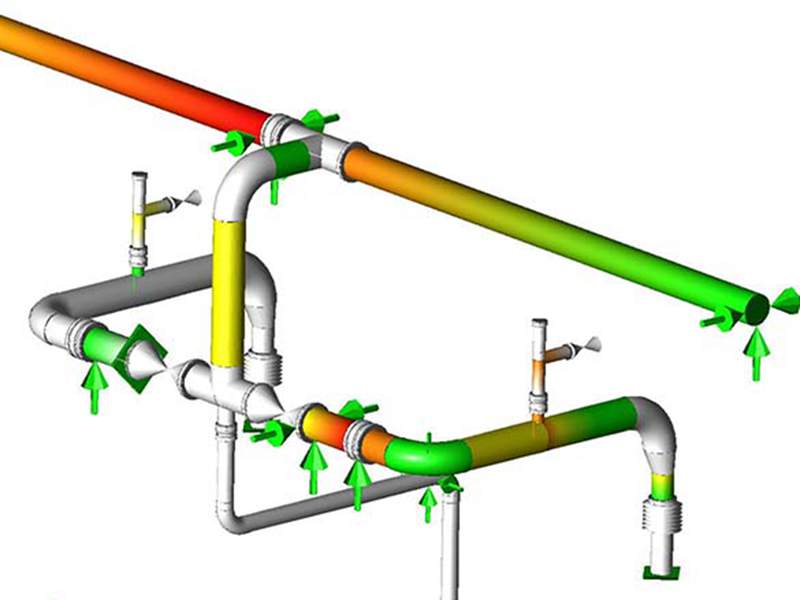
-
 Afrikaans
Afrikaans -
 Albanian
Albanian -
 Amharic
Amharic -
 Arabic
Arabic -
 Armenian
Armenian -
 Azerbaijani
Azerbaijani -
 Basque
Basque -
 Belarusian
Belarusian -
 Bengali
Bengali -
 Bosnian
Bosnian -
 Bulgarian
Bulgarian -
 Catalan
Catalan -
 Cebuano
Cebuano -
 China
China -
 China (Taiwan)
China (Taiwan) -
 Corsican
Corsican -
 Croatian
Croatian -
 Czech
Czech -
 Danish
Danish -
 Dutch
Dutch -
 English
English -
 Esperanto
Esperanto -
 Estonian
Estonian -
 Finnish
Finnish -
 French
French -
 Frisian
Frisian -
 Galician
Galician -
 Georgian
Georgian -
 German
German -
 Greek
Greek -
 Gujarati
Gujarati -
 Haitian Creole
Haitian Creole -
 hausa
hausa -
 hawaiian
hawaiian -
 Hebrew
Hebrew -
 Hindi
Hindi -
 Miao
Miao -
 Hungarian
Hungarian -
 Icelandic
Icelandic -
 igbo
igbo -
 Indonesian
Indonesian -
 irish
irish -
 Italian
Italian -
 Japanese
Japanese -
 Javanese
Javanese -
 Kannada
Kannada -
 kazakh
kazakh -
 Khmer
Khmer -
 Rwandese
Rwandese -
 Korean
Korean -
 Kurdish
Kurdish -
 Kyrgyz
Kyrgyz -
 Lao
Lao -
 Latin
Latin -
 Latvian
Latvian -
 Lithuanian
Lithuanian -
 Luxembourgish
Luxembourgish -
 Macedonian
Macedonian -
 Malgashi
Malgashi -
 Malay
Malay -
 Malayalam
Malayalam -
 Maltese
Maltese -
 Maori
Maori -
 Marathi
Marathi -
 Mongolian
Mongolian -
 Myanmar
Myanmar -
 Nepali
Nepali -
 Norwegian
Norwegian -
 Norwegian
Norwegian -
 Occitan
Occitan -
 Pashto
Pashto -
 Persian
Persian -
 Polish
Polish -
 Portuguese
Portuguese -
 Punjabi
Punjabi -
 Romanian
Romanian -
 Russian
Russian -
 Samoan
Samoan -
 Scottish Gaelic
Scottish Gaelic -
 Serbian
Serbian -
 Sesotho
Sesotho -
 Shona
Shona -
 Sindhi
Sindhi -
 Sinhala
Sinhala -
 Slovak
Slovak -
 Slovenian
Slovenian -
 Somali
Somali -
 Spanish
Spanish -
 Sundanese
Sundanese -
 Swahili
Swahili -
 Swedish
Swedish -
 Tagalog
Tagalog -
 Tajik
Tajik -
 Tamil
Tamil -
 Tatar
Tatar -
 Telugu
Telugu -
 Thai
Thai -
 Turkish
Turkish -
 Turkmen
Turkmen -
 Ukrainian
Ukrainian -
 Urdu
Urdu -
 Uighur
Uighur -
 Uzbek
Uzbek -
 Vietnamese
Vietnamese -
 Welsh
Welsh -
 Bantu
Bantu -
 Yiddish
Yiddish -
 Yoruba
Yoruba -
 Zulu
Zulu
Innovative Solutions in Fiberglass Chemical Products for Enhanced Performance and Durability
The Versatility of Fiberglass Chemical Products
Fiberglass, a composite material consisting of finely woven fibers and resins, has revolutionized numerous industries due to its remarkable properties. It combines strength, lightweight characteristics, and resistance to corrosion, making it an ideal choice for various applications, from construction to automotive manufacturing. The chemical products associated with fiberglass play a critical role in its performance, durability, and functionality.
Understanding Fiberglass Composition
At its core, fiberglass is made of glass fibers embedded in a polymer matrix, typically epoxy or polyester resin. This combination results in a material that not only boasts high tensile strength but is also flexible enough to be molded into complex shapes. The glass fibers provide structural integrity, while the resin acts as a binding agent, ensuring the fibers hold together and retain their properties over time.
The chemical processes involved in creating fiberglass are crucial. The production of fiberglass begins with the melting of silica and other raw materials, which is then extruded into glass fibers. These fibers are drawn into thin strands and woven into mats or fabrics. The selection of resin also impacts the final product's characteristics, including its thermal resistance, chemical resistance, and overall durability.
Applications of Fiberglass Chemical Products
Fiberglass chemical products have found extensive applications across different sectors. In construction, fiberglass-reinforced concrete is used for its lightweight yet strong properties, making it suitable for structures where traditional materials may be too heavy. This form of concrete also offers superior resistance to environmental factors, reducing maintenance costs over time.
The automotive industry extensively utilizes fiberglass in the manufacturing of car bodies and components. Fiberglass not only helps in reducing vehicle weight, which improves fuel efficiency but also enhances crash safety due to its energy-absorbing properties. Parts such as bumpers, hoods, and fenders made from fiberglass are popular for OEM parts and aftermarket upgrades.
In aerospace, fiberglass plays a crucial role in creating lightweight components that do not compromise strength. It is often used in aircraft interiors, fairings, and even support structures, helping to meet stringent weight requirements while maintaining safety standards.
fiberglass chemical product

Advantages of Fiberglass Chemical Products
One of the most significant advantages of fiberglass is its resistance to corrosion, making it an ideal material for applications exposed to harsh environments. Industries like marine, chemical processing, and wastewater treatment rely on fiberglass products to avoid the deterioration that metals and other materials would suffer in these conditions.
Fiberglass is also a cost-effective solution. While the initial manufacturing processes may require significant investment, the long lifespan, low maintenance needs, and energy efficiency of fiberglass products often lead to cost savings over time. Additionally, its lightweight nature can result in reduced shipping costs, further enhancing its economic appeal.
Future Trends in Fiberglass Chemical Products
As technology advances, the production methods and applications of fiberglass continue to evolve. Innovations such as the development of bio-based resins and enhanced composite materials promise to make fiberglass even more sustainable. The increasing demand for environmentally friendly materials is pushing manufacturers to explore alternatives that maintain the desirable properties of fiberglass while reducing environmental impact.
Furthermore, advancements in recycling technologies for fiberglass materials are underway. This not only addresses concerns about waste generated by fiberglass products but also contributes to a circular economy, where materials are reused and repurposed rather than discarded.
Conclusion
Fiberglass chemical products exemplify how materials science can lead to innovative solutions across multiple industries. With their unique properties and versatility, fiberglass and its associated chemical products are set to remain vital components in construction, automotive, aerospace, and beyond. As we move toward a more sustainable future, the development of eco-friendly fiberglass solutions will undoubtedly play a crucial role in meeting both industrial needs and environmental challenges.









